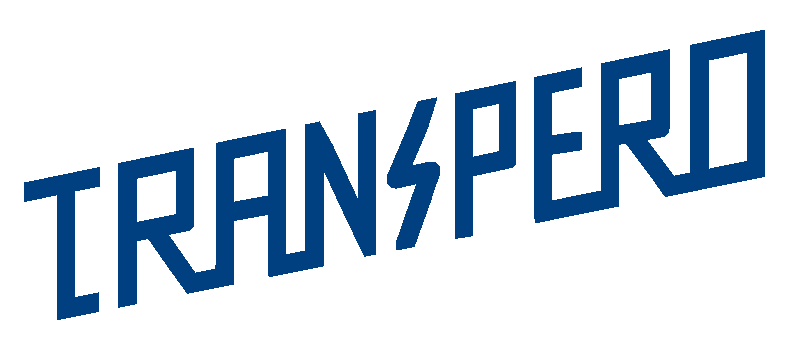
Finding the right talent is more critical than ever in the job market. Whether you’re a startup striving to disrupt the industry or an established corporation aiming to stay ahead, the quality of your hires can make or break your success. However, AI-powered candidate matching revolutionizes how businesses identify, assess, and hire top talent, particularly in competitive sectors. Read on to explore the significance of AI recruiting software and how it’s reshaping the quality of hire.
Contents
The Rise of AI-Powered Candidate Matching
Traditionally, the recruitment process has been labor-intensive and time-consuming. Recruiters sift through countless resumes, conduct numerous interviews, and rely on subjective assessments to identify the best candidates. However, human bias, limited resources, and the sheer volume of applicants often result in suboptimal hiring decisions.
The matching system leverages machine learning algorithms to streamline and optimize hiring. AI can identify patterns, preferences, and correlations that human recruiters might overlook by analyzing vast amounts of data, including resumes, job descriptions, and candidate profiles. This data-driven approach empowers organizations to make decisions based on comprehensive insights, enabling them to pinpoint candidates who not only possess the necessary qualifications but also resonate with the cultural values and ethos of the company.
Enhancing Efficiency and Accuracy
One primary benefit of AI candidate matching is its ability to enhance efficiency and accuracy. Instead of manually sorting through resumes and cover letters, AI algorithms can automatically screen and rank candidates based on predefined criteria.
By concentrating exclusively on pertinent qualifications and experiences, it guarantees that every candidate is assessed in a fair and consistent manner, irrespective of gender, ethnicity, or educational background. As a result, organizations can build more diverse and inclusive teams that reflect the broader talent pool.
Enhanced Matching Accuracy
One key benefit of AI-powered candidate matching is its ability to enhance the accuracy of matches between job vacancies and applicants. AI systems use sophisticated algorithms to analyze job descriptions and candidate profiles, considering skills, experience, cultural fit, and potential for growth. This holistic approach ensures that companies are matched with people who are qualified and likely to thrive within the organization’s ecosystem.
Forecasting Candidate Success
AI systems are not just reactive; they are predictive. Leveraging machine learning, these platforms are capable of predicting a person’s potential success in a position by evaluating aspects like job tenure, performance, and career advancement. This predictive capability allows companies to make more informed hiring decisions, reducing turnover rates and fostering a more stable and productive workforce.
Reducing Bias
Bias in hiring is a significant challenge that can impede diversity and inclusion efforts within organizations. Traditional recruitment methods, such as relying on gut instinct or unconscious biases, can inadvertently favor specific candidates over others. AI-powered candidate matching mitigates this risk by making objective assessments based on data-driven criteria.
This kind of matching represents a paradigm shift in how organizations identify, assess, and hire top talent.
By tapping into the power of machine learning and data analytics, organizations can fine-tune the recruitment process, enrich the candidate experience, and ultimately drive business triumph in highly competitive sectors. Yet unlocking the full potential of AI recruiting software demands a strategic mindset, a dedication to ethical standards, and an openness to embracing innovation and adaptability. As artificial intelligence evolves, its pivotal role in recruitment is poised to further solidify, reshaping the landscape of work in profound ways for the foreseeable future.
